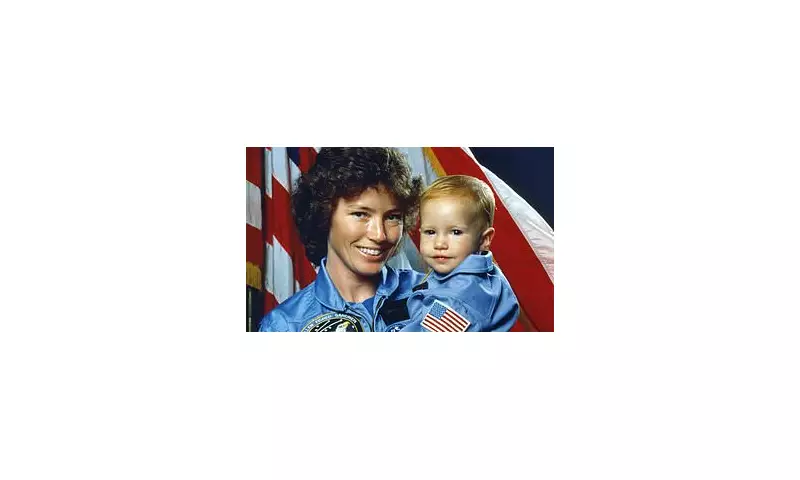
In a groundbreaking revelation that peels back the glossy veneer of NASA's golden era, the BBC's latest documentary 'Space' exposes the human cost and institutional failings that shadowed America's race to the stars. Christopher Stevens' compelling review uncovers a narrative far removed from the heroic mythology we've come to accept.
The Hidden Casualties of Space Exploration
While the world celebrated astronauts as national heroes, their families were often left to grapple with unimaginable pressures in silence. The documentary reveals how wives maintained perfect domestic facades while their husbands risked everything, creating a culture where emotional suppression became the price of space exploration.
Institutional Sexism at NASA's Core
Perhaps most shocking is the documentary's examination of NASA's deeply ingrained sexism. The agency systematically excluded women from the astronaut programme, despite evidence showing they might be better suited to space travel than men. The programme highlights how female pilots like Jerrie Cobb, who excelled in rigorous testing, were dismissed for not having military jet experience - a requirement designed specifically to exclude them.
The Mercury 13's Lost Opportunity
The documentary revisits the tragic story of the 'Mercury 13' - thirteen highly qualified female pilots who underwent the same brutal physiological tests as male astronauts, only to have their programme cancelled without explanation. Their potential contributions to space exploration were lost to institutional prejudice.
When Personal Demons Followed to Space
Beyond the sexism, the series explores how astronauts carried their personal burdens into orbit. The review highlights one astronaut's secret struggle with amphetamines and sleeping pills, prescribed by NASA's own doctors to manage the extreme pressures of space missions and relentless public scrutiny.
The Family Left Behind
Viewers are given intimate access to the emotional turmoil experienced by astronauts' children, who grew up in the shadow of their fathers' fame while dealing with absent parents and the constant fear of tragedy. The documentary reveals how some families fractured under the strain, with marriages collapsing and children struggling with their unconventional upbringing.
A New Perspective on Space History
What makes this documentary essential viewing, according to Stevens, is its refusal to simply retell familiar stories of technological triumph. Instead, it asks difficult questions about the human price of progress and the flawed institutions behind one of humanity's greatest achievements.
The series serves as both a tribute to the courage of early space pioneers and a necessary correction to the sanitised history we've been taught. It reminds us that behind every giant leap for mankind were complex human stories of sacrifice, prejudice, and resilience.





